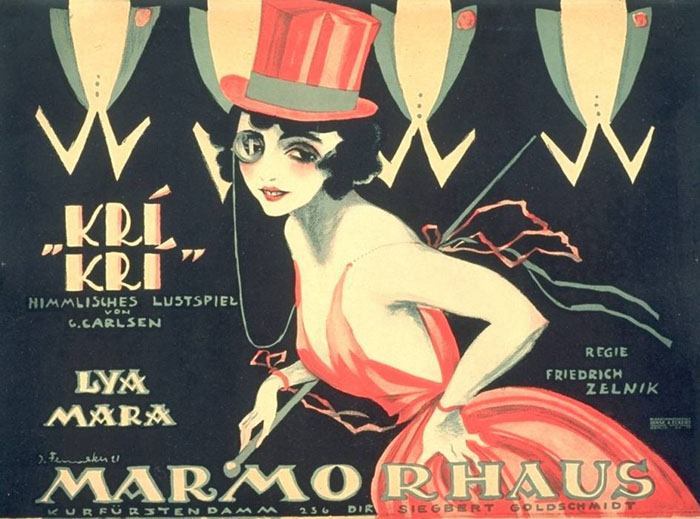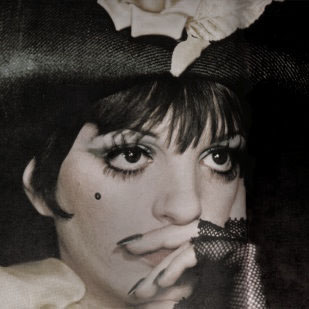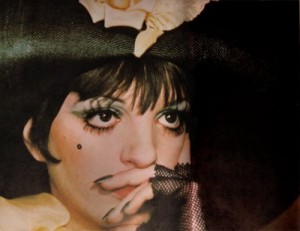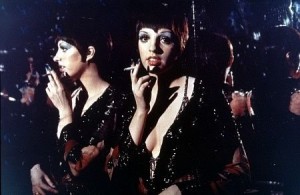

Sally Bowles
Sally Bowles is a fictional character from the novels of Christopher Isherwood, Mr Norris Changes Trains and Goodbye To Berlin, published in 1935 and 1939.

She is a 19-year-old English actress and cabaret singer who has come to Berlin with dreams of stardom.
Isherwood’s description of seeing her perform for the first time, at a cabaret called The Lady Windermere on the Tauentzeinstraße in Autumn of 1930, is not a promising one:
“She had a surprisingly deep, husky voice. She sang badly, without any expression, her hands hanging down at her sides – yet her performance was, in its own way, effective because of her startling appearance and her air of not caring a curse of what people thought of her.”
Christopher Isherwood
He later adds
”Sally’s German is not merely incorrect, it is all her own.”
It is thought that the character is loosely-based on Jean Ross, a cabaret singer and political writer. Isherwood met her whilst rooming at Fraulein Thurau’s guesthouse at Nollendorfstraße 17 during the late 1920s and early 30s.
The character continues in the adaptation of the novels into the award-winning Broadway play I Am A Camera in 1951, then further into the Kander and Ebb musical play Cabaret in 1966. Judy Dench played the role of Sally in the first London production.
The most famous incarnation of the character is in Bob Fosse’s multi-award winning film adaptation of Cabaret in 1972. By this stage the character is very much American to accommodate Liza Minnelli. Her iconic performance went on to win her an Oscar. It was one of eight Oscar awards the film received in 1973, along with seven BAFTA awards and a Golden Globe for Best Picture.


It is, without doubt, the definitive performance.
